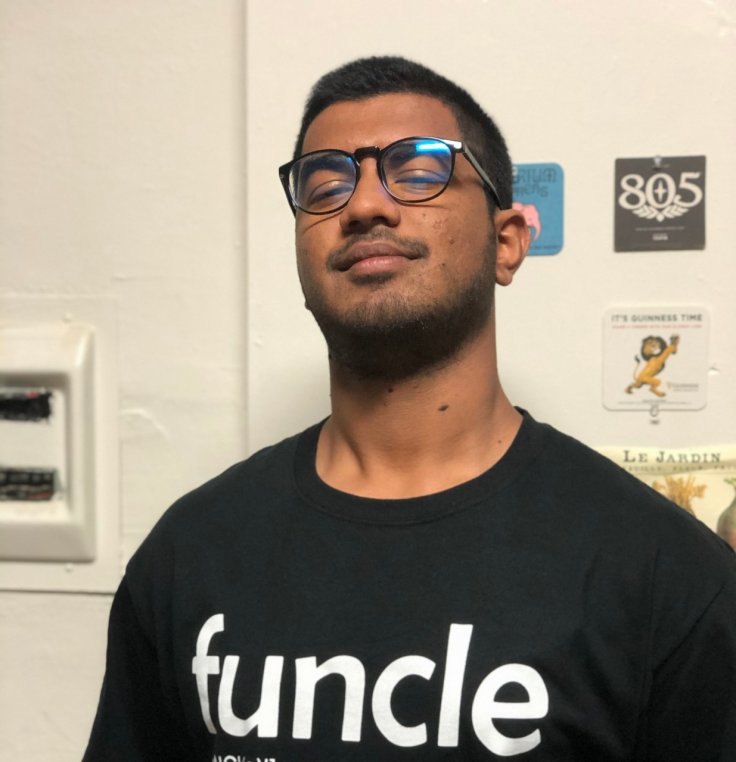
Like so many current environmental issues, our oceans have hit a critical point. We've depleted 90% of wild fishery supplies, yet billions of people around the world depend on this food source. Of course, moving towards a plant-based diet is one way to help. However, aquaculture – or aquafarming – is another viable solution to help push the fishing industry towards sustainability.
Aquaculture is the controlled cultivation of aquatic organisms to restore habitat, wild stocks, and endangered species, as well as to produce food. It can help us meet food supply demands and ease the burden on natural resources.
Mind for Technology, Heart for Environment
Gautam Tata studied computer science at California State University in Monterey Bay. This region is incredibly diverse ecologically and has one of the most productive marine ecosystems in the world. It is a hub for the study of ocean-related climate issues and the development of technology and policy solutions. As a result, Gautam developed a passion for using his knowledge of AI and deep learning technologies to support these essential ecosystems.
He explored several different avenues of marrying his love of technology with environmentalism, including Deep Plastic – a project that used deep learning algorithms to automate the detection of marine plastic – as well as a research project that utilized machine learning to detect and identify humpback whales from their sounds. However, his most recent venture is by far the most impactful, Aquanaut.
Sustainable Aquaculture with Gautam Tata
During his time at CSUMB, Gautam became acutely aware of the huge pain point that is fish farming. Although it does have its benefits as far as producing food for our ever-growing global population, it is overall inefficient and causes immense harm to the environment. He committed himself to create a solution that could support fish farmers, making the process smarter and more sustainable.
To begin, he collected data by diving and gathering footage of fish to develop algorithms that could recognize the fish and analyze their behavior. Then, via contacts that he had in Monterey, he was able to connect to some of Norway's salmon farmers and Gautam began to understand some of the biggest challenges that these farmers are facing.
In these farms, the fish are kept and bred in massive mesh cages to keep them in their natural habitat. One of the biggest problems is that sea lice (a common parasite) develops in these fish and quickly spread, causing havoc in the dense population. The only way to identify this parasite is for farmers to visually examine the fish, a process that is expensive and tedious. It is almost impossible for the farmers to analyze fish behavior to see if they are exhibiting unnatural patterns, leaving a lot to guesswork. The other major issue is feed waste, as there is no way to monitor how much feed is dispensed in the pen. Feed makes up about 60% revenue of a fish farm and it is estimated that 20% is wasted, causing the environment to become polluted with human grown feed, which is also responsible for massive CO2 production.
Aquanaut installs a 360° camera in the pen to monitor the fish and uses technology that is capable of detecting sea lice, analyzing fish behavior, detecting wasted feed, and sensing the integrity of the mesh cage. It then compiles all of this real-time data for the farmer to make informed decisions regarding their farms.
Gautam Tata is helping to save our oceans, while also feeding humanity, by creating sustainable fish farms that leverage deep learning solutions.









